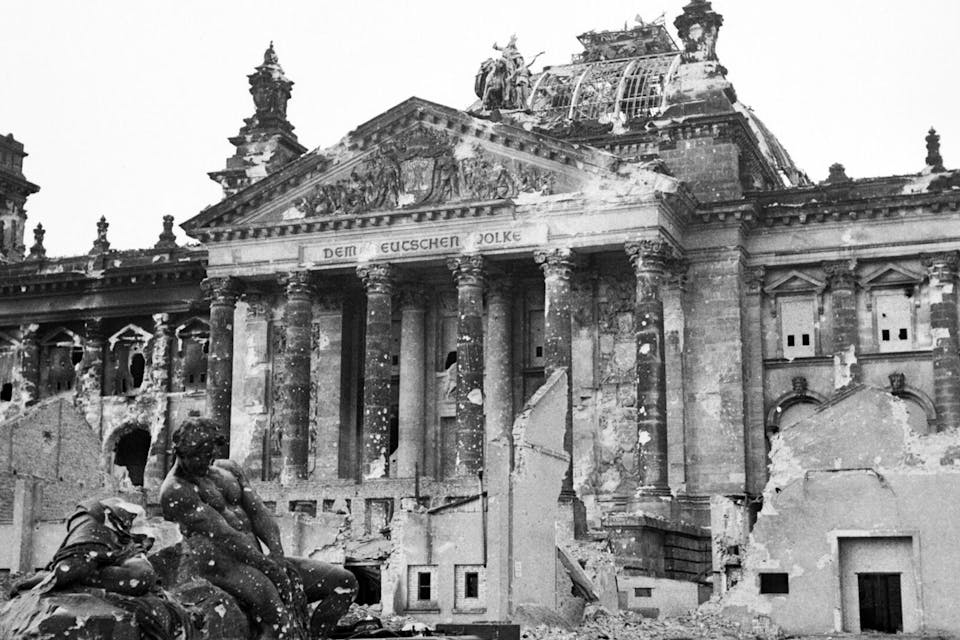
April 12, 2018
On Holocaust Remembrance Day, We Should Also Recall Those Who Destroyed the Nazi Regime
Limiting observance to expressions of grief and mourning, failing to take account of the valor that defeated Hitler, is untrue to the full meaning of the day.
Today is Yom Hashoah, commonly known as Holocaust Remembrance Day. Increasingly, as this day approaches each year, my thoughts have turned to the biblical prophet Nahum.
Why Nahum? That’s a long story. As I wrote in an earlier essay in Mosaic, I believe his brief book, which predicts and celebrates the downfall of the Assyrian empire in the late-7th century BCE, has been wrongly neglected by Jewish tradition. Indeed, Nahum is obscure to the point of invisibility. No part of his book, itself a mere three chapters long, is ever read in the synagogue, or in Christian churches, and even theologians who recognize his high literary merit evince an acute discomfort with the content of his message.
And yet, there is much to be learned from Nahum. His eloquent, impassioned writing honors the divine attribute of vengeance. In expressing satisfaction and even joy at the downfall of those who destroyed the ancient northern kingdom of Israel and nearly succeeded in destroying the southern kingdom of Judah as well, the prophet rehearses the classical Jewish teaching that even a merciful and patient God will ultimately wreak powerful, unanswerable retribution upon the enemies of His chosen people. Nahum’s intense focus on an aspect of the divinity that seems dissonant to modern sensibilities reminds us that the Bible presents a God who is many-sided—and that “without this frightening side,” as one thoughtful reader of Nahum has written, “one could misread the portrait of the loving God as that of a passionless, doting, and undemanding dispenser of cheap grace.”